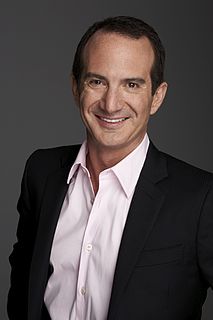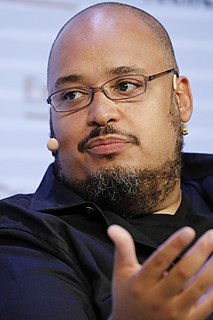A Quote by John C. Bogle
I do think that impact investing is not that effective. Shares go from investor A to investor B, and the company doesn't even know it. It's inevitably an ineffective way to communicate to the company your feelings.
Related Quotes
When we do an investment, we always ask, 'Can we affect the outcome? When buying a company, can we have an impact?' That's a different style of investing than a passive investor in the stock market. To me, that's how you're taking the risk out of it. You know what your capability is and how you can enhance value.
Here’s how to know if you have the makeup to be an investor. How would you handle the following situation? Let’s say you own a Procter & Gamble in your portfolio and the stock price goes down by half. Do you like it better? If it falls in half, do you reinvest dividends? Do you take cash out of savings to buy more? If you have the confidence to do that, then you’re an investor. If you don’t, you’re not an investor, you’re a speculator, and you shouldn’t be in the stock market in the first place.



































